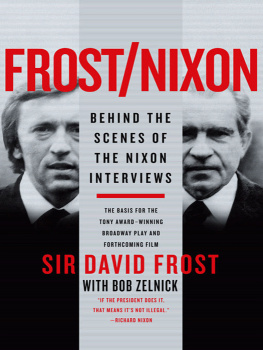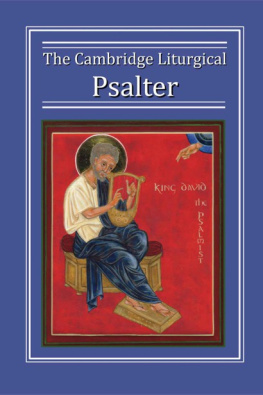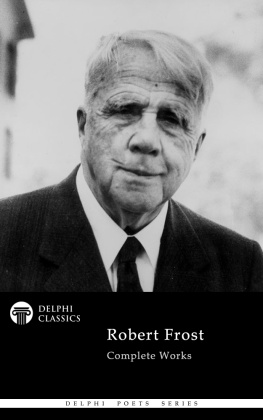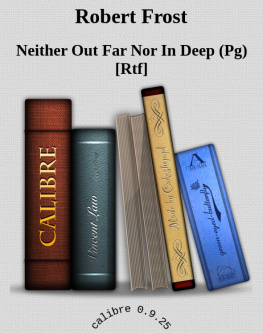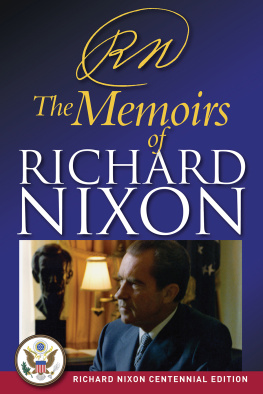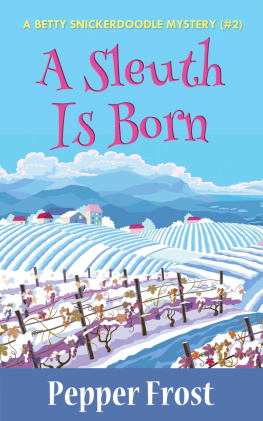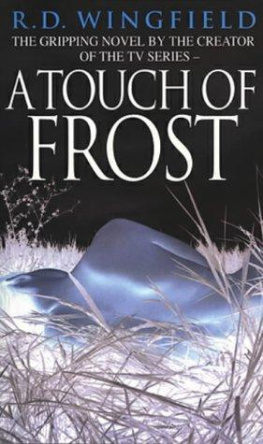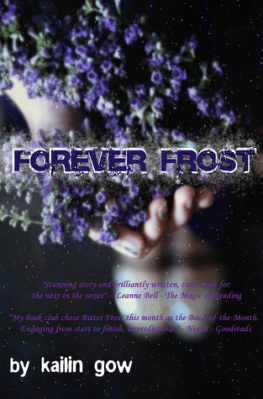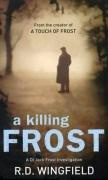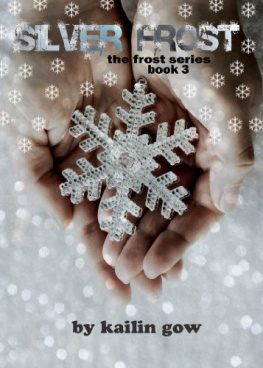W hile Watergate is only a part of this book, it is a very important part. I thought therefore that, as an introduction to younger readers and as a reminder to older readers, it might be helpful to summarize the salient facts about it before we begin.
WATERGATEWHY IT MATTERED
On the night of June 17, 1972, a security guard at the plush Watergate office and apartment complex alerted the Washington, D.C., police that burglars had entered the building and were apparently still on the premises. Responding quickly, the police encountered five men about the offices of the Democratic National Committee. They had come to repair a listening device placed weeks earlier on the phone of DNC National Chairman Lawrence OBrien. A second bug had been installed on the phone of a senior campaign official, Spencer Oliver.
What the police did not know, and what it would take weeks of investigation for them to find out, was that the five burglarsfour of them Cuban veterans of CIA operationswere being directed from a room at the Howard Johnson hotel across the street by a senior official of the Richard Nixon reelection campaign, G. Gordon Liddy, and by a White House consultant and career CIA veteran, E. Howard Hunt. Almost immediately the police and the FBI began trying to learn who had been involved in planning the burglary, while the White House began trying to prevent them from finding out. In short, the White House went into a cover-up mode with the clear intent of obstructing justice.
From the moment in March 1973 when one of the five initial Watergate burglars disclosed, in a letter to the presiding trial judge, that perjury had been committed to shield the criminal involvement of more senior officials of the Nixon administration, until August 9, 1974, when Nixon resigned the presidency in disgrace, Watergate became a U.S. cause clbre, a national obsession, or perhaps both. Many friends of the United States around the world thought we had taken leave of our senses. How could we show such disdain for the man who had brought us peace with honor in Vietnam, dtente and arms control agreements with the Soviet Union, and a big start toward normal relations with the Peoples Republic of China? What was Watergate other than the third-rate burglary contemptuously dismissed by Mr. Nixons press aide? Didnt the country know that Americas security was put at much greater risk by those who would cripple its leadership than by those engaged in a nasty but not altogether unprecedented political prank? It is fair to say that even today many Americans too young to have shared the experience of Watergate with their parents or grandparents might be posing the same questions.
There are several answers. First, there is nothing small or insignificant about a number of rather senior officials from the Nixon administration and campaign gathering in the office of the attorney general of the United States to discuss such political operations as wiretapping phones, planting office bugs, using prostitutes, and spreading outrageous lies. Such matters go to the integrity of the political process, no small matter in a democracy. Ringleader Howard Hunts White House safe, for example, contained forged cables designed to show that the martyred Democratic President John F. Kennedy knew in advance that those involved in a coup against South Vietnamese President Ngo Dinh Diem planned to kill him.
Second, in joining the cover-up early on, Nixon threatened to corrupt important agencies of government. Asking the CIA to pull the FBI off the investigation was no trivial exercise of politics as usual. It was instead the abuse of two of the nations most secret and important security agencies, which cannot afford to squander the public trust with which they have been invested.
Third, the Watergate investigation brought to light other abuses of power threatening the rights of Americans to be secure in their homes and offices, rights guaranteed by the U.S. Constitution. For example, in approving the Huston plan for burglaries without court warrants against those suspected of plotting violent or other illegal activities, Nixon was usurping the critical historical role of the judicial branch of government. From there it was a small step to burgle the office of the psychiatrist treating Daniel Ellsberg, the man who leaked the so-called Pentagon Papers chronicling the decisions that led to the massive U.S. intervention in Vietnam. Medical and psychiatric records are, of course, privileged and cannot be introduced into the public record without the patients consent.
Concerns generated by these presidential usurpations came dramatically home to U.S. citizens one October evening when Nixon ordered his attorney general to fire Special Prosecutor Archibald Cox when the latter refused to obey an order by the president to abandon his subpoena for Watergate conversations preserved by the White House taping system. The attorney general and his deputy both resigned rather than obey the presidential order. While the third in command executed the order, the national loss of support for Mr. Nixon had by then passed the point of no return, and he was forced by a Supreme Court decision to turn over the tapes. The tapes proved to be damning in both content and tone. Once they entered the public realm, few doubted that Nixon was through.
There is, of course, a lot more to be said about Watergate. Although coming off the heels of an unprecedented reelection victory, Nixon had long been known as a political gut fighter, who sought no quarter and provided none to his foes. Even so, had he chosen early on to dismantle his taping system and destroy the incriminating documents, he could certainly have escaped the serious threat of impeachment. That he failed to do so was probably a function of both political arrogance and bad advice.
Watergate also represented the high point for the role of the media as watchdog over the countrys democratic system, a role it had also played during the civil rights era and the disaster in Vietnam. The investigative reporters Robert Woodward and Carl Bernstein gained immortality in their profession for disclosing important details about the financial and political trails, details that kept the investigation alive whenbut for their workit would almost certainly have faltered.
Finally, Watergate taught Americans something about themselves, their respect for the rule of law, their willingness to rise above partisanship in common battle to defend the institutions of freedom. Looking back at Watergate a year after Nixon left office, one columnist gushingly recalled our moment of shared wonder and love of country. That may be overstating it a bit. Over the centuries Americans have shown some dubious political traits as well as noble ones. They have elected a Buchanan for every Lincoln, a Johnson (take your pick) for every Roosevelt (take your pick there, too). Watergate suggests, however, that while the United States may not be immune to the wiles of the political huckster, it remains tough prey for the would-be tyrant.


